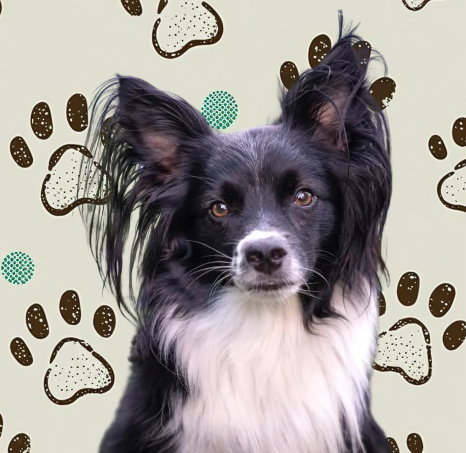Welcome to Dog Training Newbies !
Welcome to Dog Training Newbies !

Training a Papillon for obedience can be an enjoyable and rewarding experience. These small, intelligent dogs are known for their agility and eagerness to learn, making them perfect candidates for obedience training. By focusing on essential commands and employing effective techniques, you can develop a well-mannered and responsive companion.
Papillons are highly trainable due to their intelligence and desire to please. To start, focus on basic commands such as “sit,” “stay,” and “come.” Begin with “sit,” using a treat to guide your Papillon into the sitting position while saying the command. Reward them immediately when they succeed. Consistent practice helps reinforce this behavior and sets the foundation for more advanced training.
Once your Papillon masters “sit,” progress to the “stay” command. This command requires patience and gradual training. Start by asking your dog to sit, then say “stay” while holding your hand up. Take a step back, and if your Papillon remains in place, reward them. Gradually increase the distance and duration, ensuring your dog understands the expectation to stay until released.
The “come” command is crucial for safety and should be practiced regularly. Use a positive, enthusiastic tone when calling your Papillon. Begin in a quiet area with minimal distractions. Crouch down, call their name followed by “come,” and reward them generously when they respond. Practicing this command in various environments helps ensure reliability.
Incorporating advanced techniques can enhance your Papillon’s obedience training. Clicker training is a method that uses a clicker to mark desired behaviors precisely. When your dog performs the correct action, click and immediately reward them. This technique helps your Papillon understand exactly which behavior earned the reward, speeding up the learning process.
Positive reinforcement is essential in training Papillons. They respond best to rewards like treats, praise, and playtime. Avoid harsh corrections or punishment, as these can damage the trust between you and your dog. Instead, focus on encouraging and rewarding positive behaviors, which fosters a trusting and cooperative relationship.


Consistency and routine are vital components of obedience training. Establish a regular training schedule and stick to it. Short, frequent sessions are more effective than long, infrequent ones, keeping your Papillon engaged and preventing boredom. Consistent commands and rewards help your dog understand expectations clearly.
Socialization is another key aspect of training. Exposing your Papillon to various environments, people, and other animals helps them develop confidence and adaptability. Well-socialized dogs are generally more obedient, as they are less likely to be overwhelmed or distracted in new situations. Regular interaction with other dogs and people can also reduce anxiety and promote positive behavior.
Maintaining patience throughout the training process is crucial. Every dog learns at their own pace, and setbacks are normal. If your Papillon struggles with a particular command, take a step back and reinforce foundational skills. Celebrate small victories and progress to keep both you and your dog motivated.
Incorporating play into training sessions makes learning enjoyable for your Papillon. Use toys and games as rewards and integrate commands into playtime. This approach keeps training fun and strengthens the bond between you and your dog. Papillons are energetic and thrive on interaction, so making training playful can enhance their engagement and responsiveness.
In conclusion, training a Papillon for obedience involves mastering basic commands, using positive reinforcement, and maintaining consistency. By incorporating advanced techniques like clicker training and emphasizing socialization, you can nurture a well-behaved and responsive companion. With patience, dedication, and love, your Papillon will excel in obedience training, becoming a loyal and trustworthy partner.